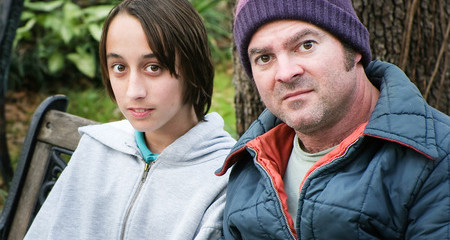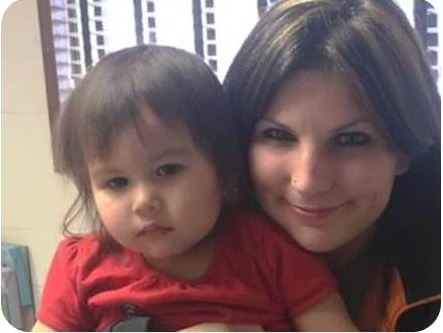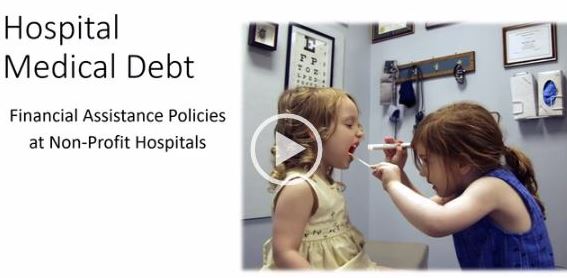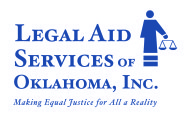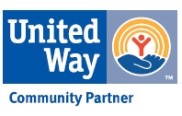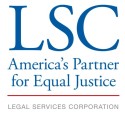Legal Aid/Cherokee partnership creates need for more pro bono attorneys, funding
The partnership between Legal Aid of Oklahoma and the Cherokee Nation is a win-win for both.
It also is a double win and a problem for Legal Aid because others are seeing how they can benefit from the statewide organization and want similar services. It also creates a need for funding and additional pro bono lawyers.
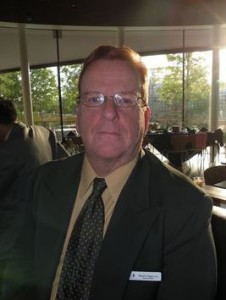 Executive Director Michael Figgins said the relationship with the Cherokee Nation is focused on helping people with domestic violence and medical issues.
Executive Director Michael Figgins said the relationship with the Cherokee Nation is focused on helping people with domestic violence and medical issues.
“We are working with other Native American tribes who are seeing the advantage of having an attorney embedded in their organization to assist with legal issues,” he said. “We also are working with the Latino community in Oklahoma City to develop a similar program.”
A federal AmeriCorps grant for Legal Aid and the Cherokee Nation will make it possible for four attorneys to be located at the tribe’s headquarters in Tahlequah.
“We always are looking for funding,” Figgins said. “There is a lot of need, and the economy is tough. We expect to be at a break-even point this year, and private practice attorneys willing to take on pro bono cases are deeply appreciated.”
Reflecting on the need, the executive director said agencies with embedded attorneys available for clients make a difference in the legal services that are provided.
Instead of telling their clients to visit an attorney’s office, they can simply refer them to a lawyer that is “two doors down the hall.”
Figgins said Legal Aid funding limitations reduces the organization’s ability to assist the large number of qualified clients in Tulsa, Oklahoma City and other cities that have offices. Clients receiving priority assistance are in difficult situations.
“I am really concerned about people living in rural counties with similar problems,” he said. “They hear about us and want our services.”
Volunteer lawyers often work on family law issues, a category that some cannot do because they do not have related experience. Corporate lawyers who do transactional work also fill a vital function.
Figgins said he is working with a group in Mangum that wants to establish a 501c3 focused on helping veterans. A transactional attorney could help that group significantly, he said.
People often ask why poor people need lawyers, but they often have legal needs they don’t recognize that they have. Legal Aid wants to make certain that people with civil needs are represented when they go to court.
Monetary and volunteer lawyers are needed to help these needs be realized.
“That’s what Legal Aid of Oklahoma does,” Figgins said.






